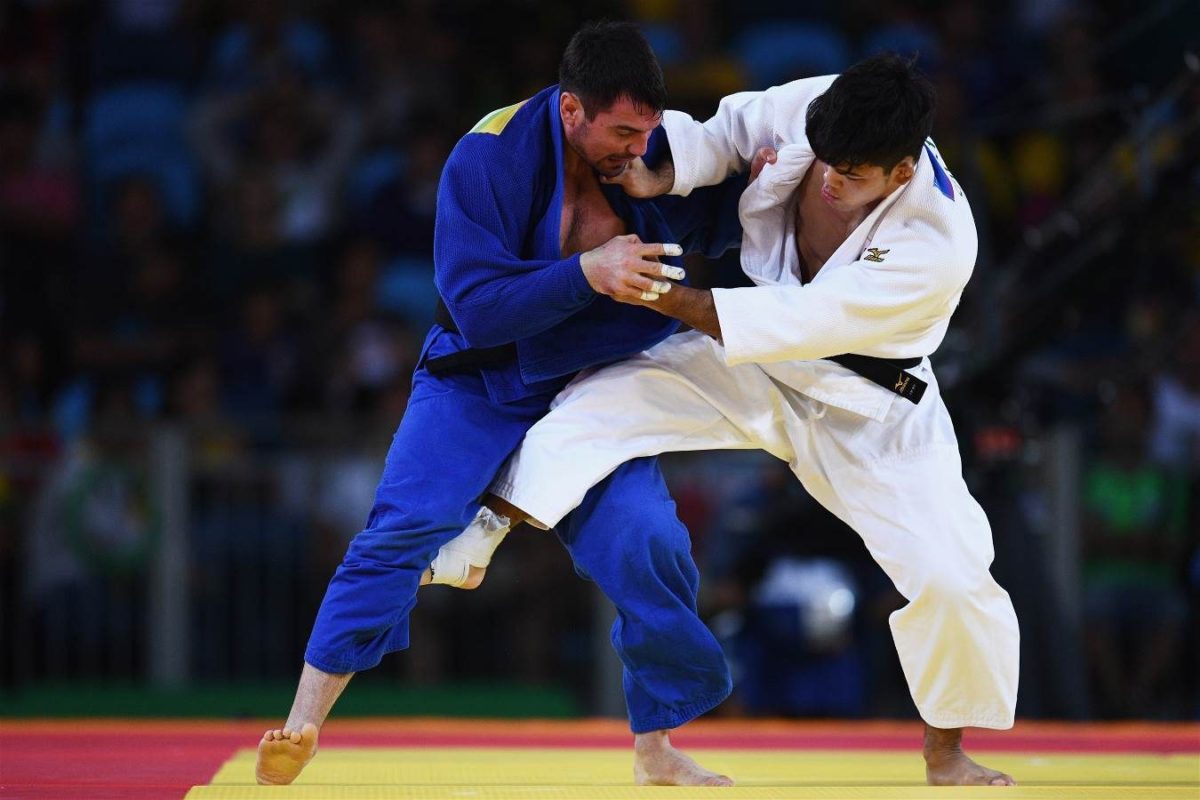Molecular hydrogen accelerates post-exercise recovery in athletesScientific Research

Molecular Hydrogen Affected Post-Exercise Recovery in Judo Athletes
Abstract
Molecular hydrogen (H2) has recently emerged as a new and safe energizer that may have beneficial effects on athletes. However, there is no information on the effect of H2 on the recovery index after exercise.
Objective
To determine the effect of pre-exercise H2 administration on post-exercise heart rate and blood lactate response in judo athletes.
METHODS
Five athletes (24.4 ± 3.4 years, 74.8 ± 2.3 kg, 177.8 ± 2.5 cm) were recruited to participate in this randomized, placebo-controlled, double-blind, crossover pilot study. Participants were instructed to take either a 6.4 g H2 formulation or a placebo approximately 30 minutes before the Repeat Special Judo Fitness Test (RSJFT). Blood lactate and heart rate were recorded at 3 minutes, 5 minutes, and 15 minutes and at 10 seconds, 20 seconds, 30 seconds, 60 seconds, 3 minutes, and 15 minutes, respectively, during the recovery period.
Results
Compared with placebo, molecular hydrogen significantly attenuated lactate response during recovery (7.23 ± 1.95 vs. 9.22 ± 1.51 mmol/L; p = 0.011). In addition, a trend toward lower heart rate after exercise was found in the H2 supplemented group (p=0.111).
Conclusions
Hydrogen-rich water appears to be an appropriate strategy to positively influence post-exercise lactate levels in judo athletes.
References
DOI: 10.1249
Published on: 20160105
Molecular Hydrogen Affected Post-Exercise Recovery in Judo Athletes
Abstract
Molecular hydrogen (H2) has recently emerged as a new and safe energizer that may have beneficial effects on athletes. However, there is no information on the effect of H2 on the recovery index after exercise.
Objective
To determine the effect of pre-exercise H2 administration on post-exercise heart rate and blood lactate response in judo athletes.
METHODS
Five athletes (24.4 ± 3.4 years, 74.8 ± 2.3 kg, 177.8 ± 2.5 cm) were recruited to participate in this randomized, placebo-controlled, double-blind, crossover pilot study. Participants were instructed to take either a 6.4 g H2 formulation or a placebo approximately 30 minutes before the Repeat Special Judo Fitness Test (RSJFT). Blood lactate and heart rate were recorded at 3 minutes, 5 minutes, and 15 minutes and at 10 seconds, 20 seconds, 30 seconds, 60 seconds, 3 minutes, and 15 minutes, respectively, during the recovery period.
Results
Compared with placebo, molecular hydrogen significantly attenuated lactate response during recovery (7.23 ± 1.95 vs. 9.22 ± 1.51 mmol/L; p = 0.011). In addition, a trend toward lower heart rate after exercise was found in the H2 supplemented group (p=0.111).
Conclusions
Hydrogen-rich water appears to be an appropriate strategy to positively influence post-exercise lactate levels in judo athletes.
References



